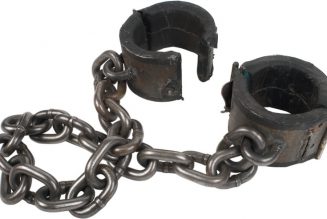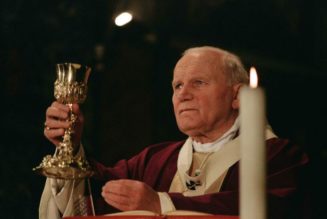“As for me,” said the little prince to himself, “if I had fifty-three minutes to spend as I liked, I should walk at my leisure toward a spring of fresh water.”
Antoine de Saint-Exupery, The Little Prince
A merchant is selling special pills—one pill will quench thirst for a whole week! A person will no longer need to find something to drink.
“Why are you selling those?” asks the little prince. Answer: Experts say they will save us fifty-three minutes per week.
“And what do I do with those fifty-three minutes?”
“Anything you like,” answers the merchant. And so, the little prince reflects on how he would spend the fifty-three minutes. He realizes he would like to do the very thing he has supposedly been ‘freed’ from.
In this anecdote from Saint-Exupery’s classic, we glimpse one of the ugly paradoxes of our age. We are short on time. And we struggle with how to use the ‘free’ time we have. And to top it off, we suffer from the lack of the very activities from which we have supposedly been ‘freed.’
A prime example is growing our own food. Another is writing letters, or splitting wood, or doing most anything else, by hand. Another is making our own music, or our own fun. We’ve even been freed from having to remember much at all, from the names of trees or presidents, to the way to get to someone’s house—who lives just across town.
To recognize and articulate this and other related problems is not to rant. Rather, it is to see things as they are. The challenge is the next step. What might be a positive, helpful approach?
We can take the approach of the little prince. Just say ‘no thank you.’ Thank you kindly, but I do not wish to be freed from certain things. I want to do them, because they are part of my inheritance. They are ordinary, enriching human actions.
This is a challenge requiring discernment and courage. And hard choices. Perhaps we begin with just one or two ordinary (but rich!) human activities.
And we seek to pass these on to our children and grandchildren. The reality is the little prince didn’t just happen to be born that way. Desires are born of experience.
To want to “walk at my leisure toward a spring” comes of walking at one’s leisure toward a spring. Tastes are formed by what we eat. Cultivation of wholesome desires is how Plato characterizes the whole project of education.
Let us take heart. There will always be springs of water, towards which we can walk—perhaps holding the hand of a friend, or a child. Human nature is on our side! What truly fulfills does not change. We can go out to meet it.
Fortunately, bad habits and disordered desires and actions always have an Achilles heel—in the end they do not satisfy. We can work for the food, and the water, that satisfies. And, thank God, that very work itself is part of what satisfies.
~ ~ ~
Here are two short videos on rethinking the education of our children:
“I have time when I am not conscious of time which presses in upon me in its empty quality, as lifeless time. He who has leisure thereby disposes of boundless time; he lives in the fullness of time, be he active or at rest.” Friedrich Juenger, The Failure of…
There is perhaps no greater intimacy possible between men than when a son looks to a father from whom he has learned to be a father himself. This Father’s Day, in addition to remembering my own father, I am reflecting on the astounding gift, and challenge, of being a…
“…it has been proved in the life of every man that though his loves are human, and therefore changeable, yet in proportion as he attaches them to things unchangeable, so they mature and broaden.” Hilaire Belloc, The Four Men Life today is characterized by mobility….
Husband, father, and professor of Philosophy. LifeCraft springs from one conviction: there is an ancient wisdom about how to live the good life in our homes, with our families; and it is worth our time to hearken to it. Let’s rediscover it together. Learn more.
Join Our Telegram Group : Salvation & Prosperity











